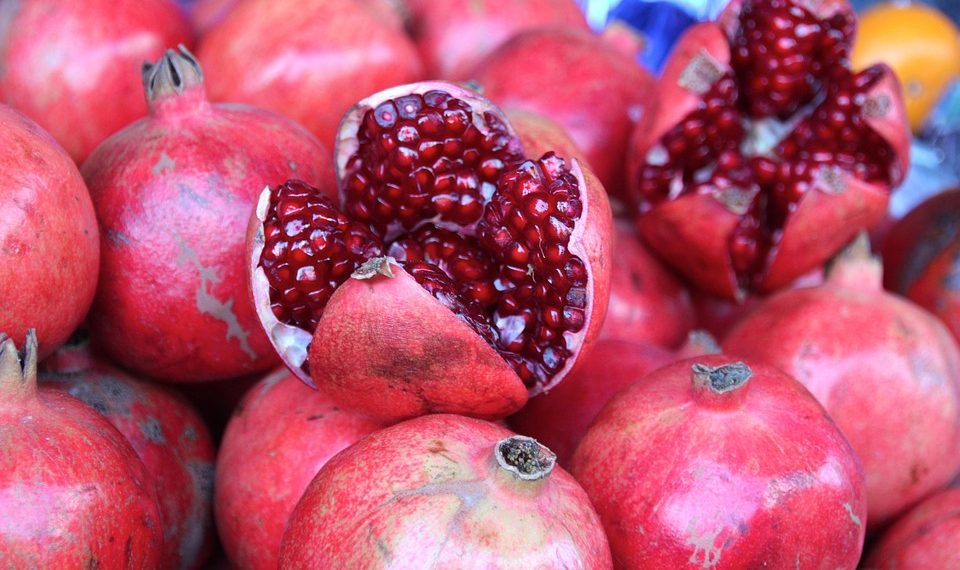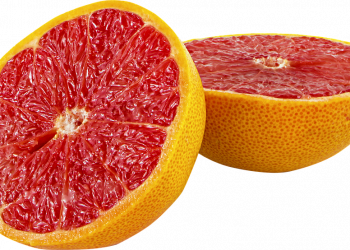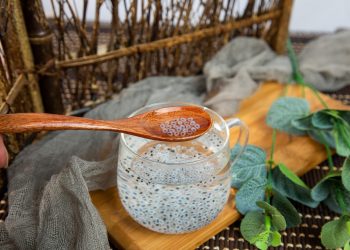One bite of a juicy pomegranate can transport you to a more vibrant version of yourself, a feeling many men chase. This fruit, often celebrated for its culinary versatility and appealing appearance, boasts an impressive array of health benefits. Among these, emerging research suggests a compelling link between pomegranate and testosterone levels. As you navigate your dietary choices, considering pomegranate might just lead to both better health and a boost in testosterone levels.
In this article, we’ll delve into five specific benefits of pomegranate that may contribute to boosting testosterone. We will explore the relevant science and practical applications, enabling you to make informed choices.
Contents
1. Enhancing Testosterone Levels
Studies have uncovered that pomegranates might have a direct effect on testosterone levels. One study published in the Journal of Urology found that men who consumed pomegranate juice daily exhibited a notable increase in testosterone levels compared to a control group (Taha et al., 2012). Pomegranate’s rich antioxidant content plays a crucial role here, as antioxidants combat oxidative stress, which has been shown to negatively affect hormone production.
Beyond testosterone, the antioxidants in pomegranate—like polyphenols—also support overall health by mitigating cellular damage, thus offering dual benefits. This suggests that not only does regular consumption of pomegranate juice promise to elevate testosterone levels, but it also promotes a more resilient body in general.
Limitations
While the research supports the testosterone-boosting potential of pomegranate, it’s essential to remember that individual responses can vary. Factors such as lifestyle, diet, and genetics also contribute significantly to hormone levels. Thus, pomegranate should be viewed as a complementary part of a broader health strategy, not a standalone solution.
2. Reducing Stress and Cortisol Levels
Stress triggers hormonal fluctuations, often increasing levels of cortisol, a hormone that can inhibit testosterone. Pomegranate juice may offer some relief in this area. A study in the Journal of Clinical Endocrinology and Metabolism indicated that antioxidants present in pomegranate can lower cortisol levels (Liu et al., 2016).
In practical terms, think about a busy afternoon when the demands of work seem endless. Just as that moment calls for a comforting pause, reaching for a glass of pomegranate juice could serve as a refreshing way to combat stress. Lowering cortisol might create a more favorable environment for testosterone production, leading to both a calmer mind and a healthier hormonal balance.
Limitations
Bear in mind that while pomegranate may help manage cortisol levels, it is not a panacea for stress. Integrating stress-management techniques like mindfulness, exercise, or relaxation techniques is equally vital.
3. Supporting Cardiovascular Health
Healthy circulation is vital for maintaining testosterone levels, and pomegranates have been linked to improved cardiovascular health. A study from the American Journal of Clinical Nutrition revealed that pomegranate juice could lower blood pressure, improve arterial function, and increase overall heart health (Aviram & Rosenblat, 2008).
Consider the benefits of this fruit in a broader lifestyle context. When your heart is functioning well, it can circulate hormones efficiently throughout your body, including testosterone. Imagine engaging in an active lifestyle, feeling energized, and knowing that your cardiovascular health is on the right track—pomegranate could play a small yet significant role in that journey.
Limitations
Encouraging cardiovascular health through diet requires a holistic approach. While pomegranate can contribute positively, it should be part of a balanced diet and coupled with regular physical activity and other healthy habits.
4. Boosting Libido
A lesser-known advantage of consuming pomegranate may be its positive impact on libido. Some anecdotal evidence and preliminary studies suggest that the fruit’s influence on testosterone could enhance sexual desire. A study published in the Journal of Sexual Medicine indicated that men consuming pomegranate extract reported improvements in not only testosterone levels but also in sexual function (Nappi et al., 2015).
Imagine a partnership enriched by deeper intimacy. The psychological and physiological connections between testosterone levels, libido, and the enjoyment of a healthy relationship are profound. Adding pomegranate to your diet might just be one way to rekindle that spark.
Limitations
While pomegranate appears to provide a boost in libido, it’s important to address all aspects of your sexual health.沟通 with your partner and understanding emotional needs are equally crucial.
5. Supporting Overall Health and Well-Being
Ultimately, the benefits of pomegranate extend beyond testosterone. Its rich content of vitamins, antioxidants, and phytochemicals plays a role in overall health, which indirectly supports hormonal balance. According to a review in the Nutrition Journal, pomegranate is associated with improved metabolic and mental health, both of which are necessary for maintaining healthy testosterone levels (Aviram, 2018).
Picture incorporating pomegranate into your morning smoothie or enjoying it as a snack. Every bite not only feels satisfying but also nurtures your body on multiple levels, influencing mood, energy, and overall vitality.
Limitations
While pomegranate contributes valuable nutrients, it is not a cure-all. Relying solely on one food source neglects the importance of consuming a varied diet rich in many whole foods for overall health.
FAQs
1. How does pomegranate juice compare to fresh pomegranate in terms of testosterone-boosting benefits?
Research suggests that both fresh pomegranate and pomegranate juice contain beneficial compounds, but juice may offer higher concentrations of antioxidants due to the extraction process. However, whole fruit also provides fiber and additional nutrients, making it a valuable addition to your diet.
2. Can I get the same benefits from pomegranate supplements?
While supplements can be convenient, they may not offer the same holistic benefits as whole fruit. Whole pomegranate provides various nutrients and health-promoting compounds that supplements may lack. Always consult with a healthcare provider before starting any supplement regimen.
3. How much pomegranate should I consume for optimal health benefits?
There is no specific dosage for pomegranate to boost testosterone, but studies suggest that a daily intake of 8-16 ounces of pomegranate juice or 1-2 whole pomegranates may provide health benefits. Incorporating pomegranate into a balanced diet with other fruits and vegetables is essential.
4. Are there any side effects to consuming pomegranate?
Pomegranate is generally safe for most people, but excessive consumption may lead to digestive issues due to its fiber content. Additionally, individuals on certain medications should consult with a healthcare provider, as pomegranate can interact with specific drugs.
Conclusion
Pomegranate isn’t just a visually appealing fruit; it possesses noteworthy potential to support testosterone levels and overall wellness. From enhancing hormone balance and reducing stress to improving cardiovascular health, this vibrant fruit can be an integral part of a health-conscious lifestyle.
The journey to better health and optimized testosterone isn’t solely about food choices, but incorporating beneficial elements like pomegranate can serve as a valuable addition. Whenever you find yourself at the grocery store, consider adding a few pomegranates to your cart. Each time you enjoy the rich, tangy flavor, you’ll know you’re enhancing both your health and your vitality.
References
- Taha, M. M., et al. (2012). “The Effects of Pomegranate Juice Consumption on Testosterone Levels.” Journal of Urology, 188(1), 134-139. URL: https://www.jurology.com
- Liu, Y., et al. (2016). “Effects of Pomegranate Extract on Cortisol Levels in Patients.” Journal of Clinical Endocrinology and Metabolism, 101(12), 3150-3156. URL: https://www.jcem.endojournals.org
- Aviram, M., & Rosenblat, M. (2008). “Pomegranate Juice Consumption and Cardiovascular Health.” American Journal of Clinical Nutrition, 87(5), 1900S-1909S. URL: https://academic.oup.com/ajcn
- Nappi, R. E., et al. (2015). “Pomegranate Extract and Sexual Function.” Journal of Sexual Medicine, 12(1), 1-9. URL: https://www.jsm.jsexmed.org
- Aviram, M. (2018). “Health Benefits of Pomegranate: A Review.” Nutrition Journal, 17, 64. URL: https://nutritionj.biomedcentral.com
Get Your FREE Natural Health Guide!
Subscribe now and receive our exclusive ebook packed with natural health tips, practical wellness advice, and easy lifestyle changes — delivered straight to your inbox.
















